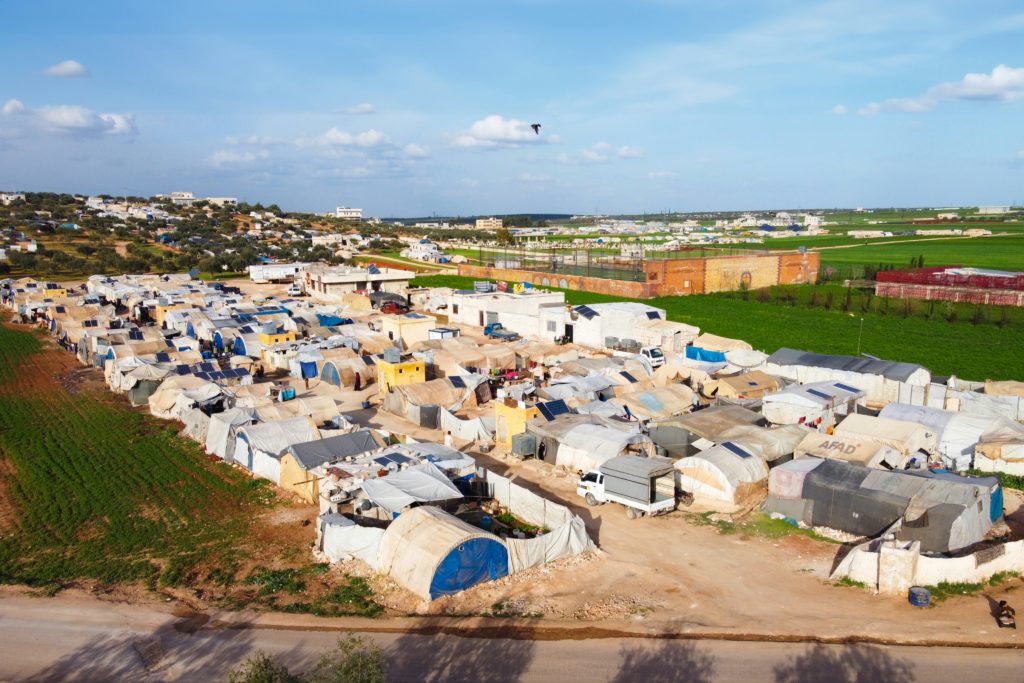Highlight 34/2024 – Global migration governance: International cooperation for a multidimensional challenge
Alejandra Rincon Carrillo, 1 October 2024

The current global political landscape, marked by dramatic accelerating climate change, increasing conflicts, and political and economic instability, exacerbates migration challenges. According to the 2024 World Migration Report, the United Nations estimates that there are approximately 281 million international migrants worldwide.
The complex interdependence of migration issues must be analyzed from multiple perspectives to ensure that efforts are unified, effective, and result in tangible actions across cross-cutting areas. International organizations such as the UN, IOM, ILO, and OHCHR play a crucial role in global multilateral governance by providing platforms for countries to collaborate under a common framework to better manage international migration challenges.
In December 2018, the Intergovernmental Conference for the Global Compact for Safe, Orderly, and Regular Migration took place in Marrakesh, Morocco, resulting in the adoption of a roadmap by the General Assembly, which has become the reference for cross-border human mobility. The agreement is a ‘non-binding cooperative framework,’ offering flexibility through its non-binding legal nature. This regime emerged from the desire of states to agree on a global framework for international cooperation on migration, without legally binding commitments that could present political challenges at the national level.
Bringing the international community together under the Global Compact for Migration is a challenge in itself. Member States hold diverse positions, ranging from strong support to facing internal political challenges, with considerations about national sovereignty and domestic realities playing a significant role.
European Union, through the adoption, in April 2024, of the new European Union Pact on Migration and Asylum, aim to ensure that Union has a strong and secure external borders and people’s right are guaranteed. This entered into force on 11 June 2024 to become applicable in two years. IOM Director-general, Amy Pope, welcomed the initiative saying “The Pact is a major step forward on journey to a more comprehensive approach to migration management in Europe”.
Switzerland played a significant role in the negotiations, notably through the appointment of Ambassador Jürg Lauber as a co-facilitator, underscoring Switzerland’s longstanding commitment to contributing to global governance as an active international actor.
Nevertheless, the internal approval of the Pact has been a more delicate matter. The Swiss Parliament sought to have the final say on the country’s stance, leading to a consultation process. Recently, on September 17, 2024, the Council of States announced that the Pact would not be accepted, sparking various political reactions and opening further discussions. The issue will now continue to be debated within the Swiss Parliament.
Regions such as Asia and Latin America have been promoting forums to review the implementation of the Global Compact for Migration, in cooperation with governments, the UN Network on Migration (IOM, ILO, OHCHR), and a diverse range of stakeholders. These forums provide opportunities for Member States to benchmark progress, contribute to discussions on challenges, and foster dialogue and coordinated actions. The importance of governance at all levels is crucial for advancing the objectives of the Global Compact for Migration.
At the 79th UNGA, the IOM advocated for stronger international cooperation to ensure effective migration management and the protection of migrants’ rights. In conclusion, amid widespread injustices and suffering, advancing dialogue for international cooperation is crucial to ensuring safe, orderly, and regular migration, rooted in human rights, international law, and shared solidarity for a better world.
Alejandra Rincon Carrillo, Highlight 34/2024 – Global migration governance: International cooperation for a multidimensional challenge, 1 October 2024, available at www.meig.ch
The views expressed in the MEIG Highlights are personal to the authors and neither reflect the positions of the MEIG Programme nor those of the University of Geneva.
